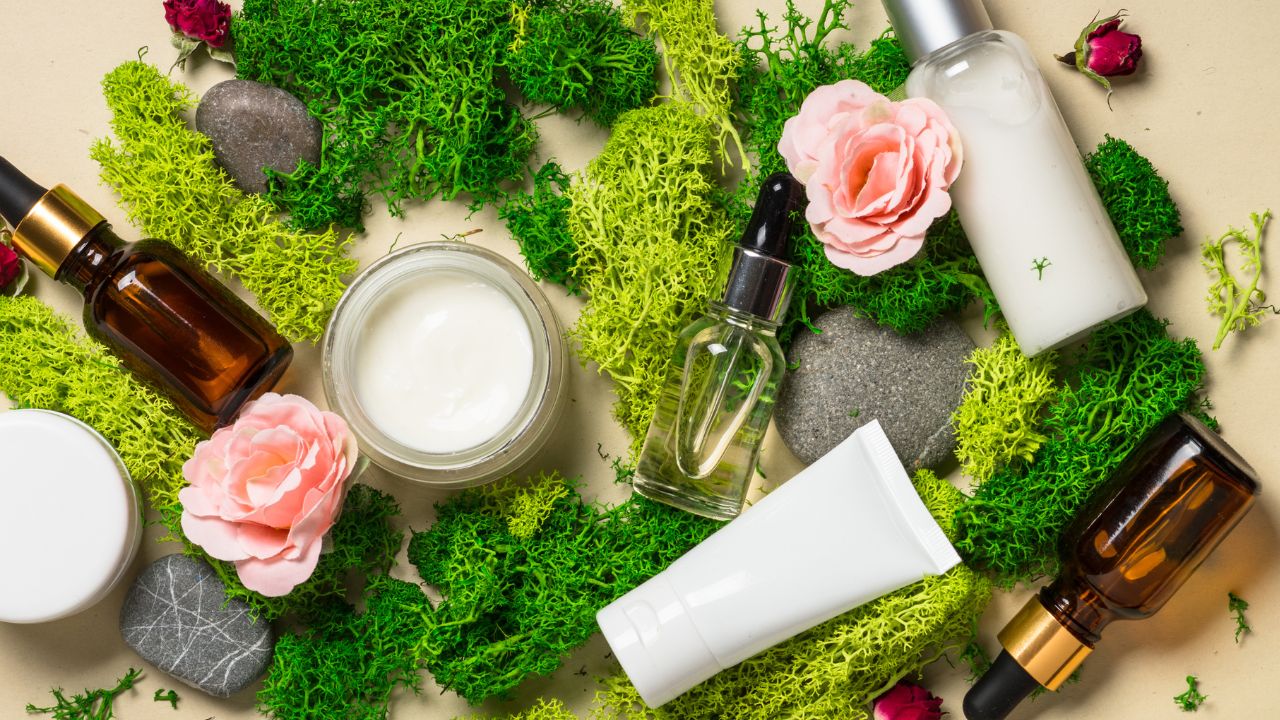When the skin is exposed to weather conditions such as extremely low temperatures, super-hot weather or dry winds, then it needs a unique care. The skin is the outermost organ of the body and as such, it has to face the maximum blow of pollutants and other climatic conditions affecting the entire body.
When it comes to the climatic conditions that your skin has to face, both the cold air of the mountains and the UV radiation which is much more intense at high altitudes pose a great threat to the skin. Dependent on these factors, alpine skincare products from DR PLANT, which contain active ingredients from plants which grow in the mountains, are perfect to support the skin in these terms.
Challenges of Extreme Climates
The severity of the climate is very destructive to the skin in this case. Low temperatures are envisaged to decrease the secretion of sebum, which leads to the formation of rough and cracked skin. Cold weather and low humidity also affect the skin because they reduce its ability to retain moisture, hence exposing the skin to the possibility of breaking out into rashes. When one is at a higher altitude, sun rays are stronger, and this may lead to sunburn, early aging, and skin disorders. These factors are also responsible for the creation of inflammation, redness, and even possible long-term effects of damage if the skin is not shielded.
As much as people residing or touring in the cold or hot areas require moisturizing their skin, they also ought to service their skin from other conditions within the environment. Natural alpine products, which come from plants that are able to grow in such extreme environment, are ideal since they can keep the skin healthy and moisturized.
Alpine Botanicals And Their Everlasting Strength
Some alpine plants have adapted in a very special way to this region’s climate in order to exist in such conditions. These plants are subjected to freezing, ultraviolet radiation, and strong wind. Consequently, they synthesize a number of protective chemicals, such as antioxidants, anti-inflammatories, and skin emollients, to survive hostile environments. The same characteristics make alpine plants useful components in skin products, especially those meant for extreme conditions.
Dendrobium: Hydration and Healing
Dendrobium, which grows in the alpine regions, is good for moisture retention, especially in dry, cold regions. Present in considerable proportion as a polysaccharide, it also has the ability to attract and retain moisture to the skin. Dendrobium also has a cooling effect and hence can be used to treat skin conditions such as inflammation and irritation. Dendrobium extract containing skin care products restores skin loss moisture, hence making skin smooth and elastic even during rigorous activities.
Snow Grass: Environmental Protection
Snowgrass has antioxidants that defends human skin from oxidation or damage caused by pollution. By acting as an anti-inflammation agent, it works well in reducing inflammation and irritation perfect for skin care in the cold area.
Cordyceps Sinensis: Rejuvenation
Cordyceps Sinensis, an anti-aging fungus that grows in the Himalayan regions has been valued. That is, it stimulates cell production, improves the skin’s ability to retain water, and revitalises the skin, for rejuvenation from cold and UV injured skin.
Adapting Your Skincare Routine for Extreme Climates
Due to the severity of the climate, one has to adjust his or her skin regimen to suit these weather conditions so the skin does not deteriorate. Here are some key steps to consider when using alpine formulas to protect your skin:
- Moisturization: Hydration in cold and dry areas is sacrosanct since moisture in the body can easily escape to the environment. Such products that include the properties of the humectants such as Dendrobium extract can be instrumental in attracting moisture on the skin to help it maintain softness and suppleness in the above harsh environment. One should consider going for rich creams or serums to avoid contact with other elements that can cause the skin to dry up.
- Protection from UV Radiation: UV radiation is even more intense at high altitudes, and this adds to the readiness of the skin to suffer from sun damage. Another aspect that can be valuable is the addition of such alpine ingredients as snow grass that has antioxidant and protective functions can protect the skin from the harmful rays. It is thus recommended to use these with a sunscreen which has broad spectrum protection.
- Anti-Inflammatory Care: Heat or cold weather applied on the skin result to redness and swelling due to increased stress. Special herbs such as Cordyceps Sinensis, which are known to have properties that can sooth skin inflammation that causes redness will help maintain skin’s balance.
- Barrier Repair: Cold and windy climates affect one’s skin in several ways, hampering the outermost layer and causing sensitivity. If you want to improve your skin’s resistance to undesirable influences, look for products with Snow Grass and Dendrobium—components that create an extra layer of protection.
Conclusion
As such, alpine skincare products are in a perfect stand to offer an organic and focused response to these conditions. The plants that are grown in the regions at high altitudes include Dendrobium, Snow Grass, and the Cordyceps Sinensis. All these plants have the potential to develop in this atmosphere that is normally harsh on the skin. When these botanicals are included in your beauty care programs, the skin is in the best position to combat the worst of climate and, at the same time, gets to enjoy the luxury of being moisturized and protected. From hiking the icy terrains of mountain ranges to traveling fairly at some altitude, alpine skincare products are handy, especially if you expect to have healthy, glowing skin all over.


